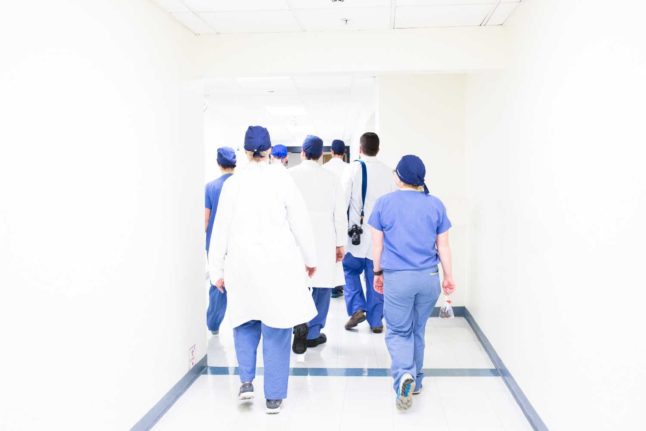Previously, the vaccination certificates showed 1/2 for those with a previous Covid infection and one jab (compared with 2/2 for those who had received two shots), but now the passes will state 1/1, giving them the same status as the fully vaccinated.
In order to encourage vaccination and counter the threat of the Delta variant, Austria has also tightened rules for entry to certain venues.
Since July 22nd, only people who have been vaccinated or those who have had a negative PCR test less than 72 hours ago have been able to attend nightclubs.
Unlike the previous rules, people who have recovered from the virus or those who have tested negative with antigen tests will not be allowed to attend.
In effect, this changes Austria’s famous ‘3G Rule’ to a 2G Rule.
The 3G Rule refers to ‘Getestet, Geimpft, Genesen’ (Tested, Vaccinated, Recovered) and describes the three ways someone can provide evidence they are immune to the virus.
Now however, only PCR tests (valid for 72 hours), antigen tests (24 hours) and vaccinations count in nightlife venues.
‘3G Rule’: How to prove you have been vaccinated, tested or recovered from Covid in Austria
Nightlife venues include nightclubs and discos, as well as pubs with a dance floor and larger events.
In addition to the stricter rules, the government announced it would be devoting more resources to checking venues were in compliance.
“That is why I am now instructing the local authorities to monitor compliance with the 3-G and 2-G rule more intensively. A focus should be placed on the catering trade” said Wolfgang Mückstein.
READ MORE: Austria to introduce on-the-spot fines for breaching 3G rule
While at this stage Austrian authorities have indicated the rule will not be further extended, Austrian media reports that further tightenings could be on the cards.
How has this impacted life in Austria?
Free PCR tests have been rolled out in pharmacies as a result of the change, although these are not necessarily easy to get everywhere.
Stefan Ratzenberger, spokesperson for the Austrian Nightlife Association, says that while the rule has hit Vienna hard by reducing profits by 45 percent, the figure is much lower in areas with fewer pharmacies.
Outside of Vienna, nightlife venues have reported a 90 to 95 percent loss in income.



 Please whitelist us to continue reading.
Please whitelist us to continue reading.
Member comments